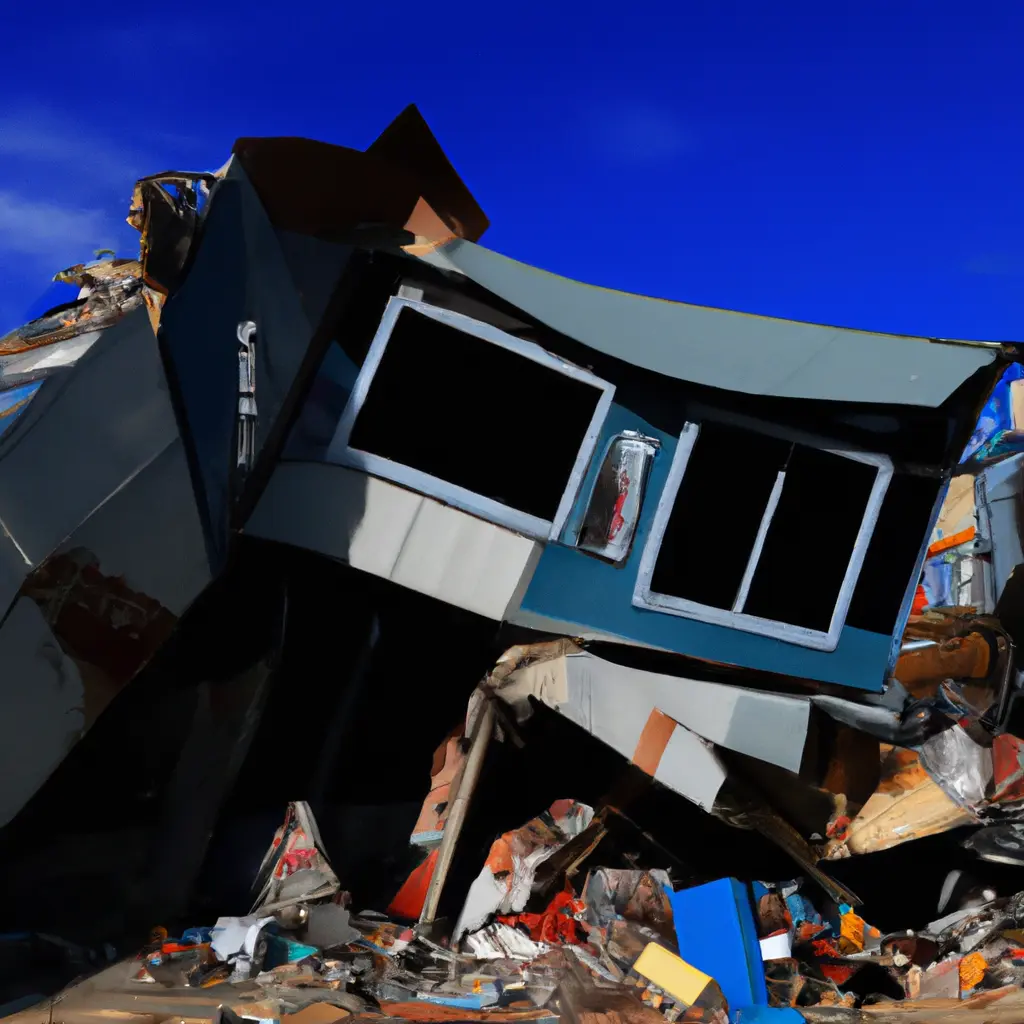"Is Istanbul scared of the fear after the earthquake: a major disaster?"?"

More than50,000 people died in the February earthquake.
Istanbul is located near the fault line in northwest Turkey.
"5 million people are considered dangerous in the city."
The number of applications for house reconstruction sharply increased after the earthquake..
Many feel trapped due to rising rental prices.
Istanbul
The deadliest earthquake in modern Turkish history has reignited fears on the other side of the country that Istanbul could face an even greater disaster, forcing hundreds of thousands of people to flee in search of safe housing.
According to official data, about 5 million out of 16 million residents of Turkey's largest city live in dangerous buildings, as it is located just north of the fault line that runs across the Sea of Marmara in the northwest of the country.
Since the tremors devastated the southeast on February 6, claiming the lives of over 50,000 people, the metropolis has been engulfed in anxiety, recalling the earthquake of 1999, which resulted in the deaths of 17,000 people in the region.
Tens of thousands of buildings collapsed during the February earthquake, leading to accusations that negligent construction standards across Turkey contributed to the disaster and raised concerns about the structural integrity of many aging buildings in Istanbul.
Since the earthquake, the number of applications for the demolition and reconstruction of dangerous buildings in Istanbul—where nearly 500,000 people live—has tripled. This situation only exacerbates the already sky-high rental prices.
Fear and rising rental payments
“I was aware of the risk in Istanbul, but when such a large earthquake occurred, it felt more real, and I started to feel anxious,” said Sevgi Demiray, 25, whose uncle and friends died in the earthquake in the southern city of Antakya.
The fear that another tragedy could occur forced her to leave Istanbul because she couldn't afford a new apartment there, she said. Such concerns spread after the 1999 earthquake, but over time they subsided.
It is unclear how many people have left Istanbul in the past two months. The head of the house movers association, Ali Aylmazdır, said that currently 15-20 people are contacting companies each day for relocation requests, compared to 3-5 before the February earthquake.
Concerns about safe housing are arising ahead of the elections on May 14, which are considered the biggest political test for President Tayyip Erdoğan in two decades of his rule.
Stuck due to the explosive rise in rent prices
According to a 2019 report by seismologists, an earthquake with a magnitude of 7.5, similar to the one in February, would cause at least moderate damage to 17% of the 1.17 million buildings in Istanbul, which is located across the Bosphorus Strait that separates Europe and Asia.
However, according to seismologists, the February disaster did not change the likelihood of an earthquake in Istanbul, as the two areas are on different fault lines.
However, many residents say they feel trapped due to the cost of living crisis after inflation surged to a 24-year high of over 85% in October, with fewer prospects for finding work elsewhere.
Any disaster in Istanbul would deal a devastating blow to the Turkish economy, considering that the wider Marmara region accounts for about 41% of the national GDP.
Nilai, a graduate student and new mother, tried to leave but feels trapped as her husband's job in finance requires him to be in the city, and safe neighborhoods are out of their price range.
“It is impossible to move to areas that are considered more reliable due to rising prices after the earthquake,” said Nilay, who lives in the high-risk area of Avcılar by the Sea of Marmara.
Rental prices in Turkey increased by 190% in February compared to last year, while in Istanbul, rental payments rose by 138%, according to the Center for Economic and Social Research at Bahçeşehir University (BETAM), which significantly exceeds the consumer price inflation of 55% in February.
Care for dangerous buildings
Many of those who cannot relocate are instead seeking peace of mind by requesting inspections to determine the safety of their buildings. About 70% of the buildings were constructed before building codes were significantly tightened in 2000.
According to the Minister of Urban Development, Murat Kurum, this week, about 1.5 million houses in the city are considered dangerous. Official data shows that an average of more than three people live in each house, which means that up to 5 million people reside in these buildings.
The Istanbul municipality housing agency KIPTAS reports that it has received applications for the demolition and reconstruction of 490,000 homes at cost price.
This amounts to 25,000 applications, compared to 8,600 before the earthquake.
14 May 2025
14 May 2025
“Unfortunately, the fear from the last earthquake was not enough to make people agree to a compromise and accept the reconstruction of their homes,” said KIPTAS CEO Ali Kurt. “People need to accept that their homes are dangerous.”
The Ministry of Construction has also received over 150,000 applications for building strength assessments, and processing these applications will take about a year.
However, concerns that the results of these tests will be revealing hold back many people.
“This old building won’t receive a high rating. There’s no need to see it in writing,” said Nurten, a 76-year-old pensioner living on the Asian side of Istanbul. “What if I have to vacate my property later? I can’t handle that.”
Comment
Popular Posts
Popular Offers

Subscribe to the newsletter from Hatamatata.com!
Subscribe to the newsletter from Hatamatata.com!
I agree to the processing of personal data and confidentiality rules of Hatamatata














